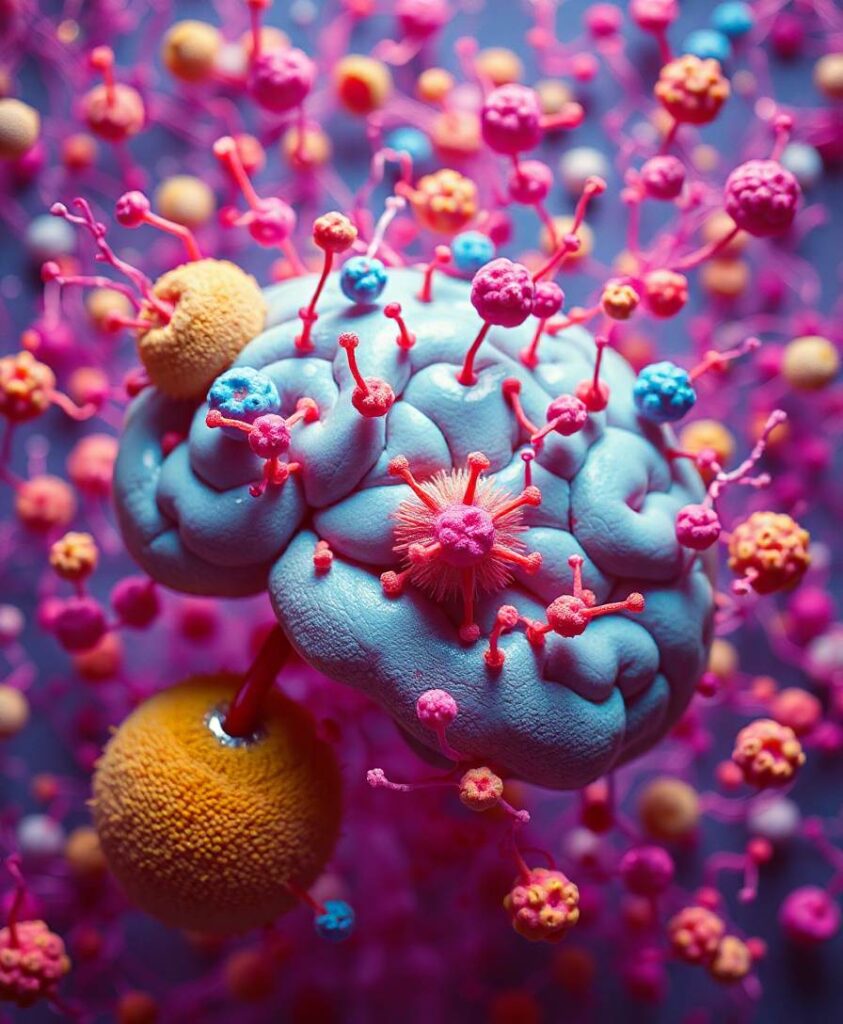Just like a car without fuel, our bodies can’t function properly without sleep. Not only does sleep deprivation make us feel awful, but it can also harm our brain. Imagine a delicate gadget, like a computer, that relies on a constant power supply to function optimally. Similarly, our brains need proper rest to perform at their best. In fact, chronic sleep loss has been linked to an increased risk of Alzheimer’s and other neurological diseases. Scientists are determined to uncover the secrets behind this phenomenon, studying how sleep deprivation affects our brain health. Recently, a team of researchers working with mice discovered a protective protein that decreases in levels when we don’t get enough sleep. This decline in protein levels ultimately leads to the death of nerve cells. Understanding these intricate processes could pave the way for potential interventions or therapies to combat the harmful effects of sleep deprivation on the brain.



